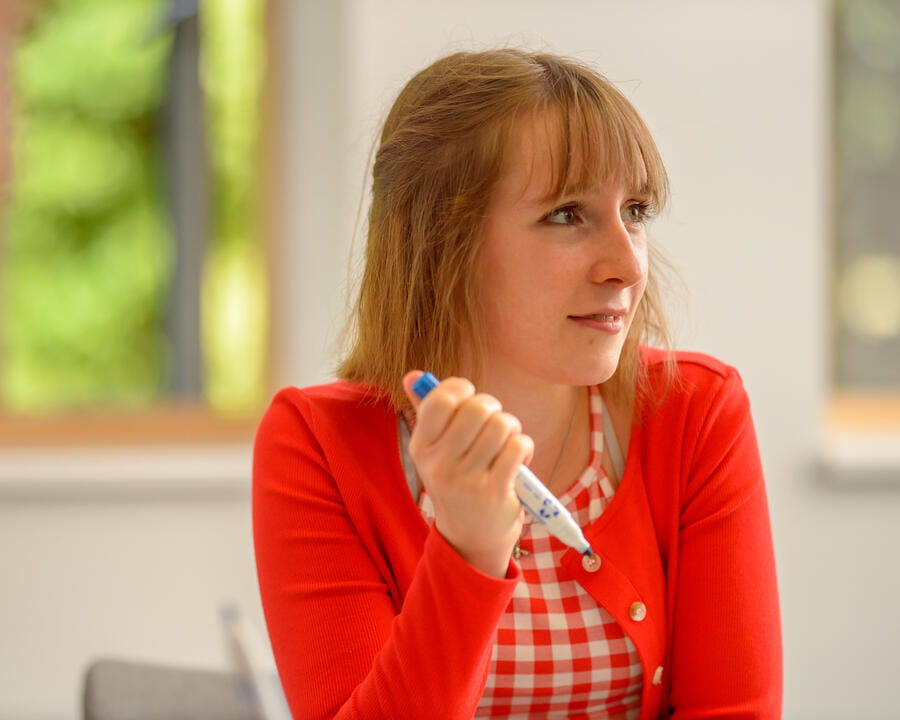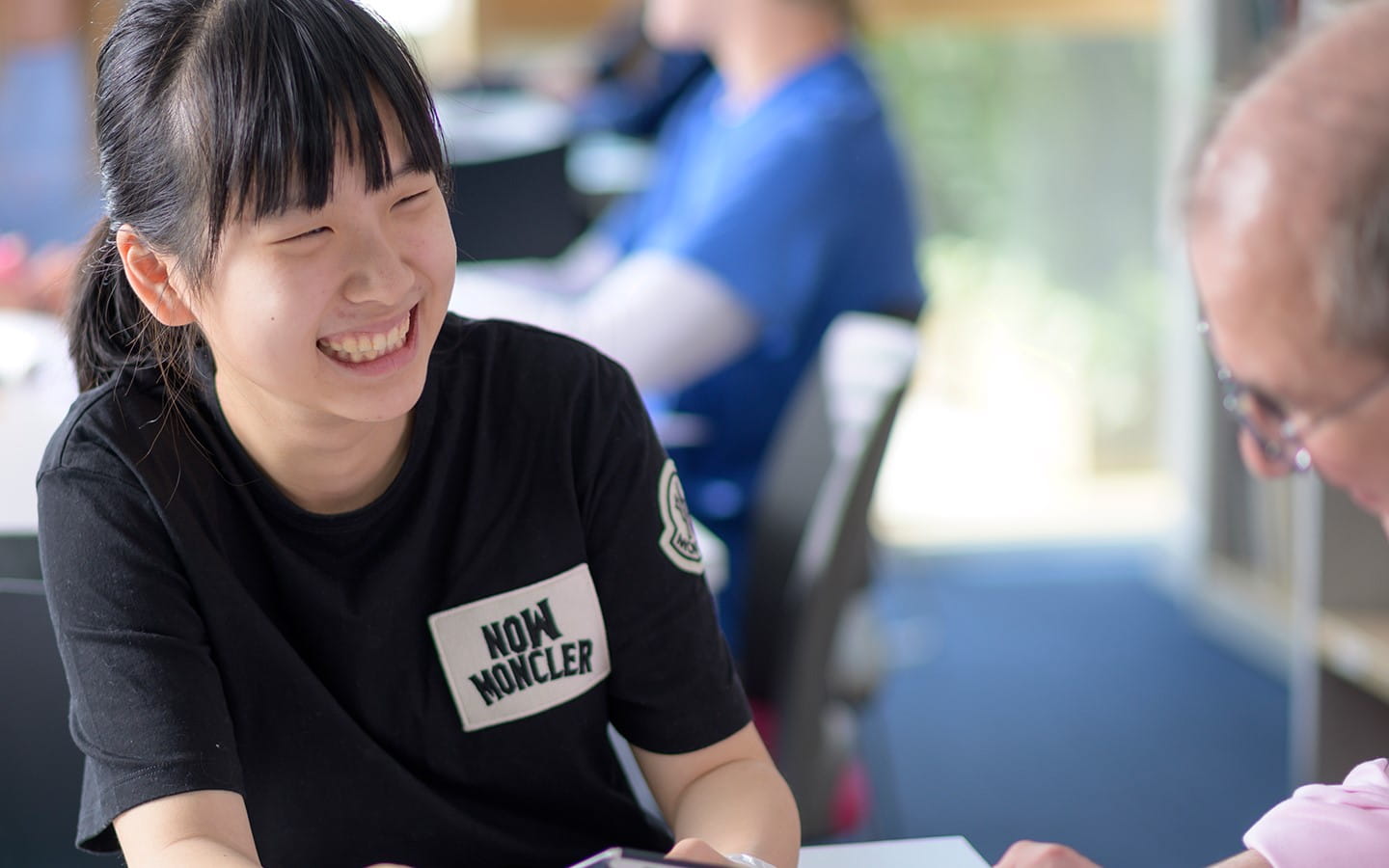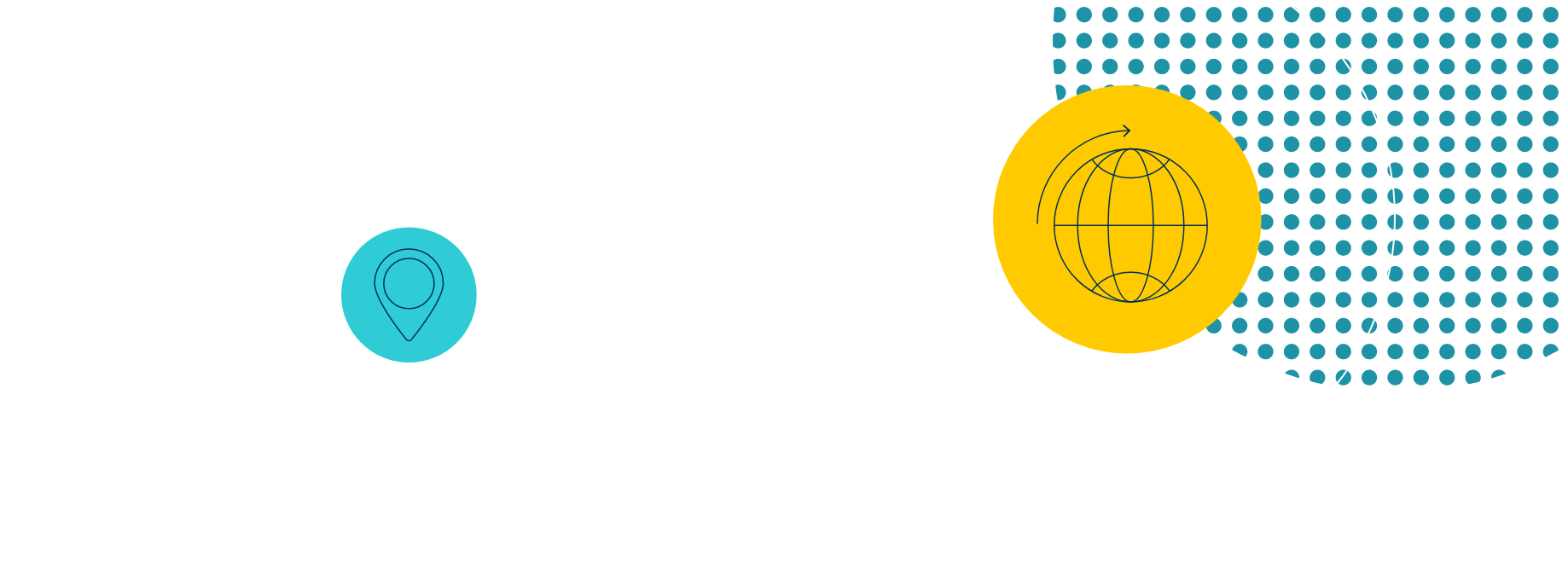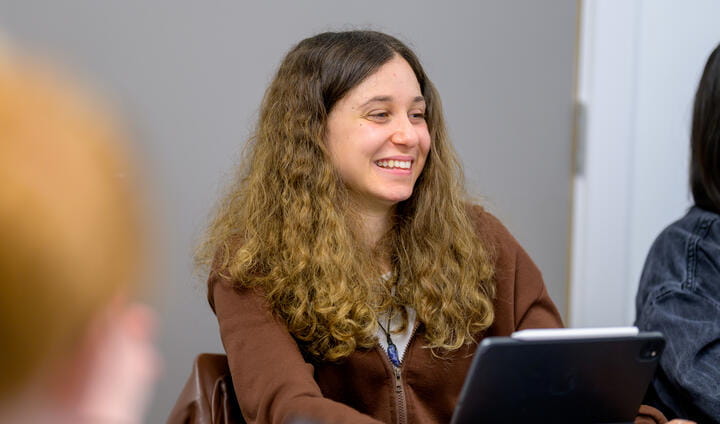We use cookies to improve your online experiences. To learn more and choose your cookies options, please refer to our cookie policy.
Nick read for a Masters in Mathematics and Philosophy at Christ Church, Oxford, specialising in Ethics, Topology and Set Theory, before training as a teacher. He joined d’Overbroeck’s in 2010, teaching Mathematics to Years 7-13, before becoming Head of Years 7-11. He enjoys any area of Maths involving proof, and can usually be tempted to discuss Philosophy whenever circumstances allow. He is a keen runner and reluctant cyclist.















